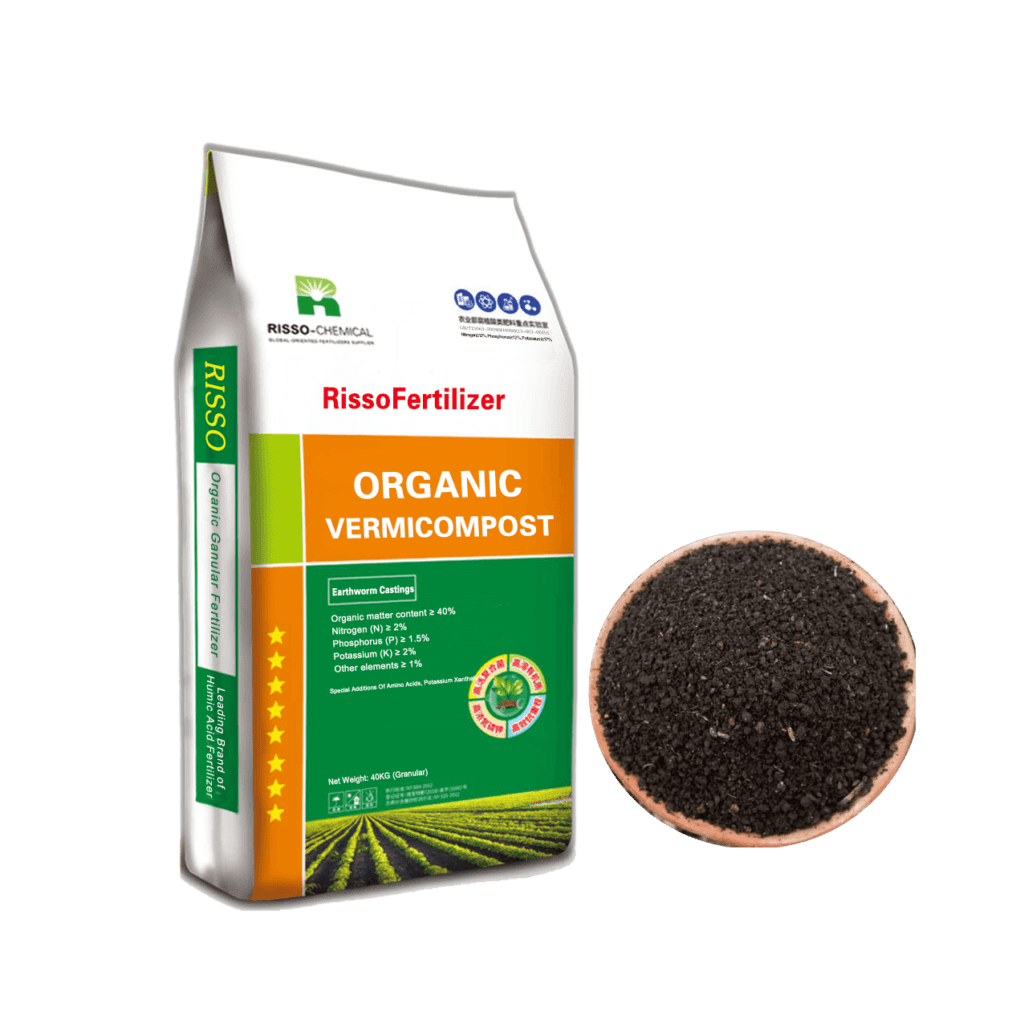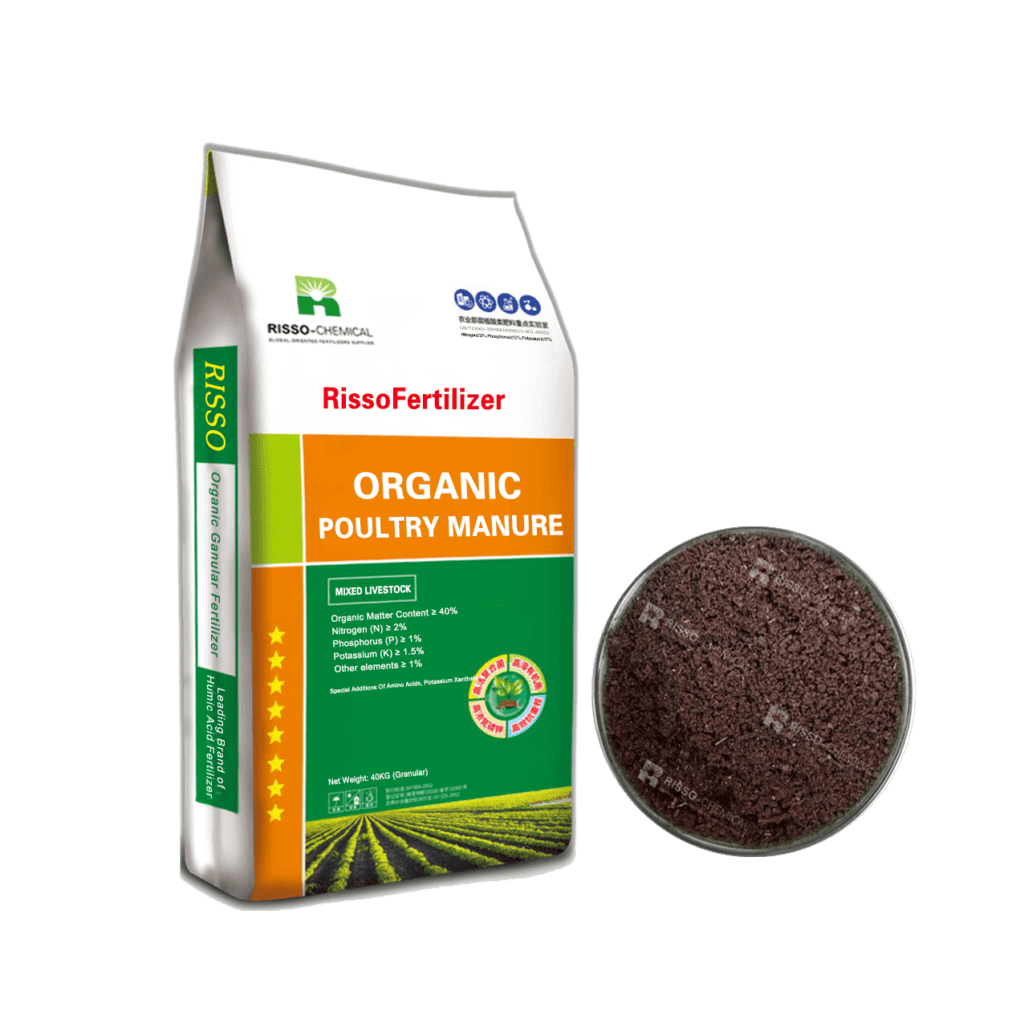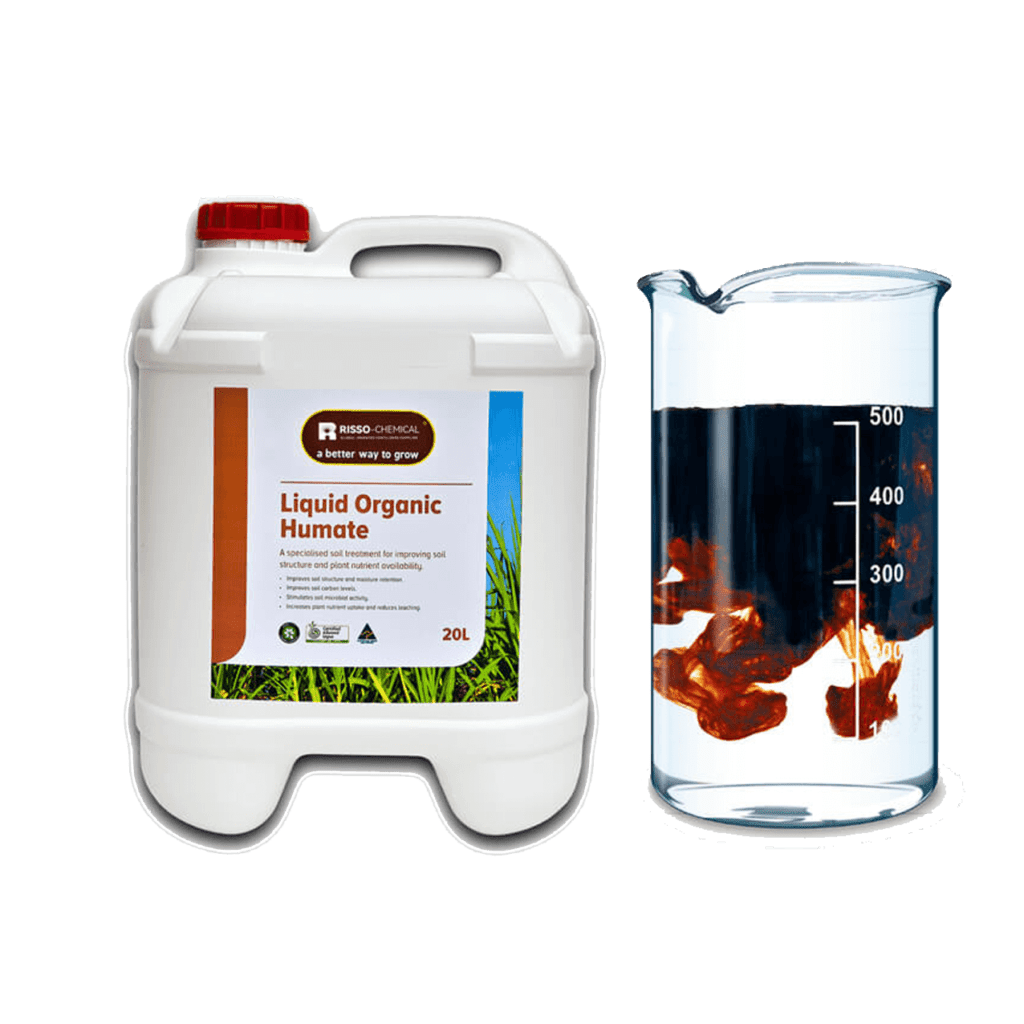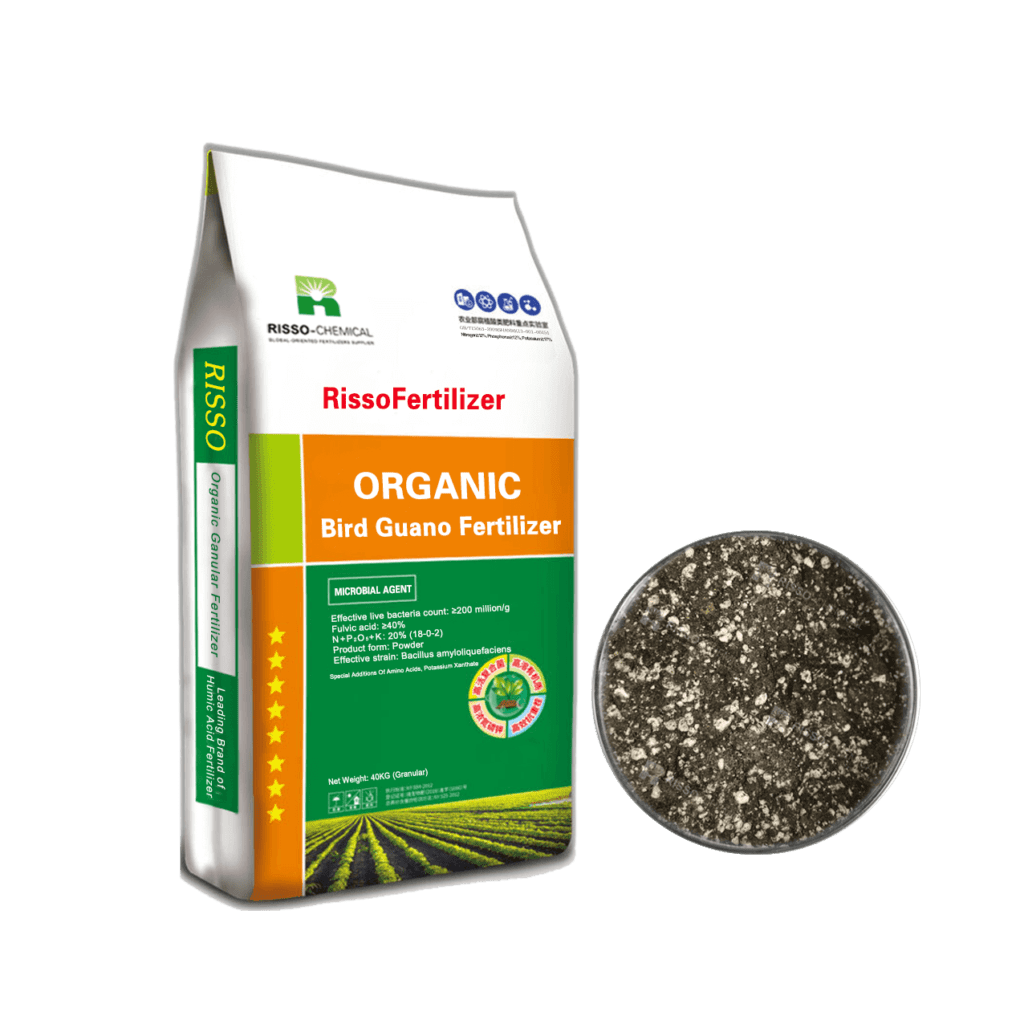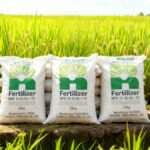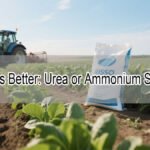Let more growers get greater benefits
Organic vs Chemical Fertilizer: Which Is Best?
- Industry News
- February 28, 2017
- 1:51 pm
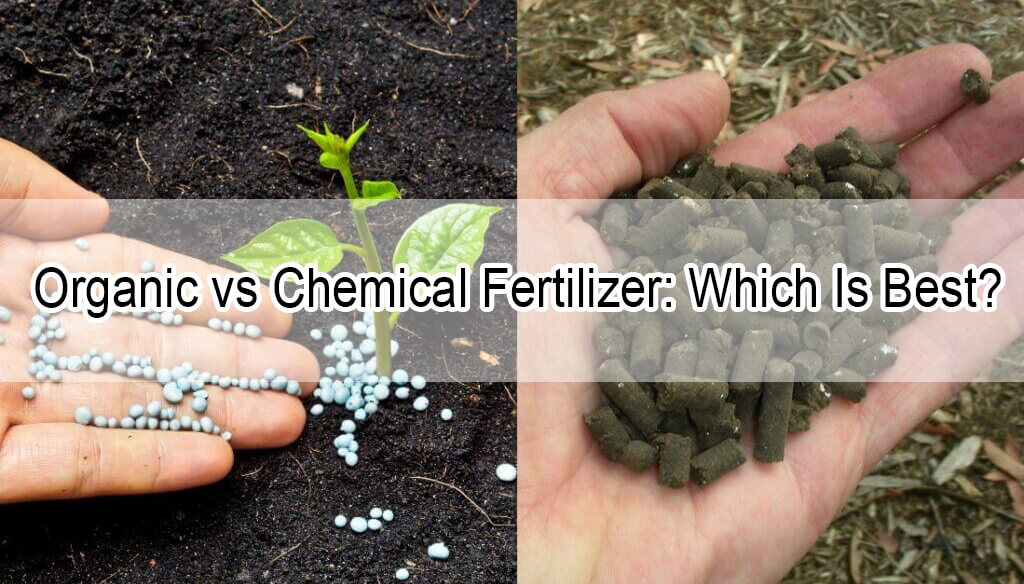

Fertilizers are a cornerstone of modern agriculture, playing a pivotal role in maximizing plant health, productivity, and soil fertility. When selecting fertilizers, the primary decision often revolves around choosing between organic and chemical fertilizers. Each type presents distinct advantages, drawbacks, and implications for soil management, plant nutrition, and environmental sustainability.
In this professional overview, we will examine both organic and chemical fertilizers, outlining their key characteristics, benefits, and considerations to guide informed decision-making in agricultural and horticultural practices.
List of Contents
What Are Organic Fertilizers?
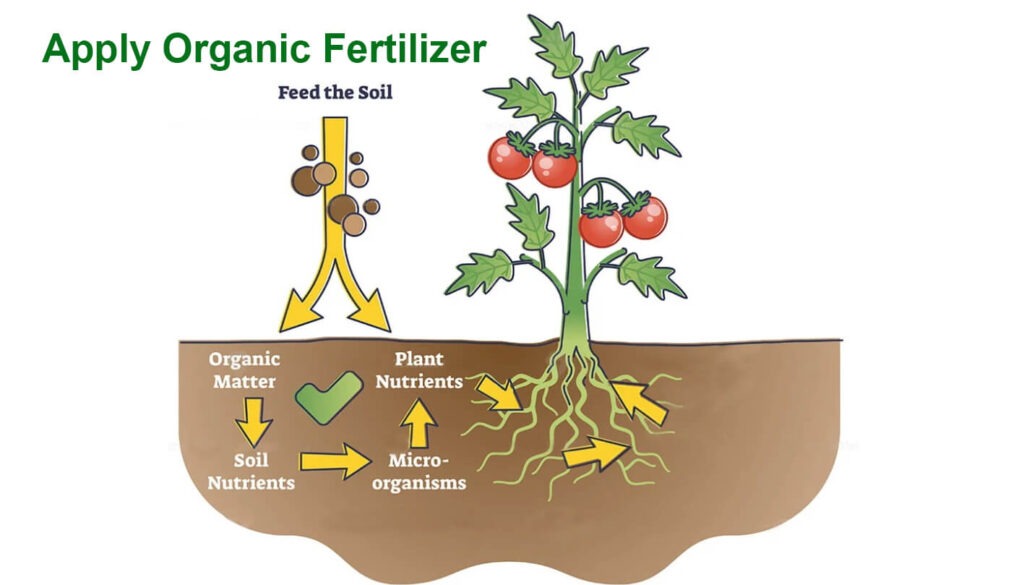

Organic Fertilizers are derived from natural sources, including plant and animal materials, and minerals. These fertilizers release nutrients slowly over time, enhancing soil structure, microbial activity, and long-term fertility. Common Organic Fertilizers include:
- Compost: Decomposed organic matter from plant and food waste, enriching the soil with essential nutrients and microorganisms.
- Animal Manure: Nutrient-rich waste from livestock, supplying nitrogen, phosphorus, and potassium in natural forms.
- Bone Meal: A source of phosphorus and calcium, beneficial for root development and flowering.
- Green Manure: Crops grown specifically to be turned into the soil, improving nitrogen content and organic matter.
Advantages of Organic Fertilizers
- Soil Health and Structure: Organic fertilizers significantly enhance soil structure, improving its ability to retain moisture and nutrients. They stimulate microbial activity, leading to healthier, more productive soil over time.
- Sustainability: Organic fertilizers are derived from renewable resources, making them an environmentally friendly choice. They contribute to a circular agricultural system by recycling waste materials back into the soil.
- Long-Term Nutrient Release: Organic fertilizers decompose gradually, providing a consistent and balanced supply of nutrients over time. This slow-release mechanism minimizes the risk of nutrient leaching and plant stress from over-fertilization.
- Enhanced Biodiversity: Organic fertilizers support the growth of beneficial soil organisms, promoting a diverse ecosystem that enhances nutrient availability and plant resilience.
Challenges of Organic Fertilizers
- Lower Nutrient Density: Organic fertilizers generally contain lower concentrations of essential nutrients compared to chemical alternatives. As a result, larger quantities may be needed to achieve optimal plant nutrition.
- Slower Nutrient Availability: Due to their natural decomposition process, organic fertilizers may take longer to deliver noticeable results, making them less suitable for situations requiring immediate nutrient supplementation.
- Inconsistent Nutrient Composition: Organic fertilizers may vary in their nutrient content depending on their source and composition, making it more difficult to standardize application rates.
What Are Chemical Fertilizers?


Chemical fertilizers—also known as synthetic or inorganic fertilizers—are manufactured using industrial processes to provide precise and readily available nutrients. These fertilizers are designed to supply plants with specific nutrient ratios, typically in the form of NPK (nitrogen, phosphorus, and potassium). Common types of chemical fertilizers include:
- Ammonium Nitrate: A high-nitrogen fertilizer that promotes vigorous vegetative growth.
- Superphosphate: A phosphorus-based fertilizer enhancing root development and flowering.
- Potassium Chloride (Muriate of Potash): A potassium-rich fertilizer that supports plant resilience and water regulation.
Advantages of Chemical Fertilizers
- Immediate Nutrient Availability: Chemical fertilizers provide nutrients in a form that plants can absorb immediately, making them ideal for situations requiring rapid correction of nutrient deficiencies or boosting growth in a short timeframe.
- Precision and Control: These fertilizers allow for precise control over the nutrient content applied to crops, enabling tailored fertilization strategies based on specific plant requirements.
- High Nutrient Concentration: Chemical fertilizers are highly concentrated, allowing for more efficient nutrient delivery with smaller quantities. This can be cost-effective in large-scale agricultural operations.
- Consistent Results: Manufactured to exact specifications, chemical fertilizers ensure uniform nutrient distribution, resulting in predictable and reliable outcomes, particularly in commercial farming.
Challenges of Chemical Fertilizers
- Environmental Concerns: Excessive or improper use of chemical fertilizers can lead to nutrient runoff, contaminating nearby water sources and contributing to harmful environmental effects such as algal blooms and water eutrophication.
- Soil Degradation: Over-reliance on chemical fertilizers without incorporating organic matter can lead to soil compaction, reduced microbial activity, and long-term depletion of soil health.
- Risk of Over-Fertilization: Chemical fertilizers are highly concentrated, and misapplication can result in nutrient imbalances, root damage, and reduced plant productivity.
- Limited Long-Term Soil Benefits: While chemical fertilizers provide immediate nutrients, they do not contribute to the organic matter content of the soil. Over time, this can lead to diminished soil fertility if not managed alongside organic practices.
Organic vs. Chemical Fertilizers: Strategic Considerations
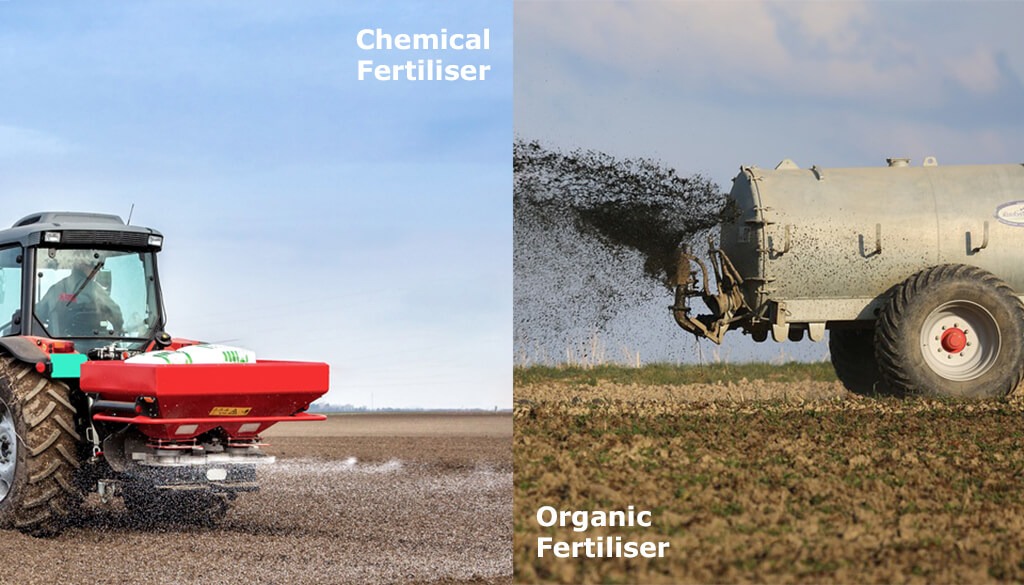

1. Agricultural Goals
- Short-Term Yield Maximization: If rapid growth and immediate results are necessary, particularly in commercial agriculture, chemical fertilizers may be the preferred option due to their fast-acting nutrient availability.
- Long-Term Soil Management: For those focused on building long-term soil health and sustainability, organic fertilizers offer greater benefits by enriching the soil ecosystem and enhancing fertility over time.
2. Environmental Impact
- Sustainability: Organic fertilizers are generally more environmentally sustainable, supporting soil biodiversity and reducing the risk of environmental pollution.
- Efficiency: Chemical fertilizers, when applied responsibly, can deliver precise nutrient inputs, reducing the waste of resources and enhancing crop productivity.
3. Economic Factors
- Cost Efficiency: Chemical fertilizers are often more cost-effective in the short term due to their high nutrient density and rapid effects, particularly in high-yield farming scenarios.
- Long-Term Investments: Organic fertilizers, while slower acting, contribute to the overall health of the soil, potentially reducing the need for future inputs and lowering long-term costs.
Conclusion
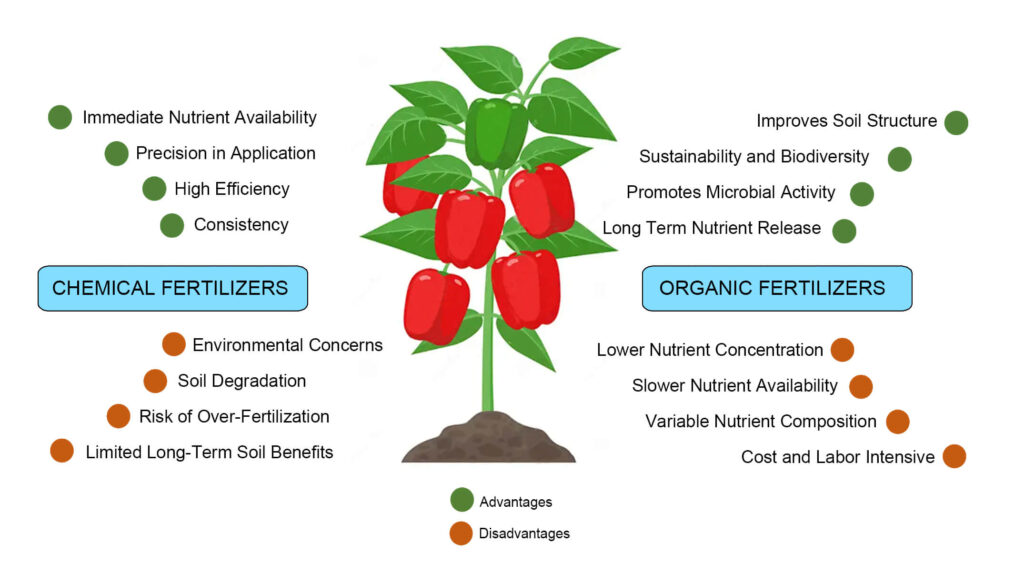

The choice between organic and chemical fertilizers hinges on several key factors, including immediate plant needs, long-term soil health goals, environmental considerations, and economic constraints. Organic Fertilizer foster sustainable, long-term soil enrichment and environmental responsibility, while chemical fertilizers offer quick, precise, and efficient nutrient delivery.
For many agricultural operations, the most effective approach lies in combining both types—leveraging the rapid nutrient availability of chemical fertilizers with the soil-building benefits of organic amendments. By adopting a balanced fertilization strategy, growers can optimize plant productivity while maintaining soil health and environmental integrity for future generations.
Organic Fertilizer Related Products
If you want to know other questions about Organic Fertilizer or NPK fertilizers , please contact us and we will provide professional answers.
- Article
What will you get when touch?
✔ Quick & helpful reply within 6 hours.
✔ Tailored solutions for your project.
✔ One-stop product, tech, market
TRENDING
TAIAN RISSO CHEMICAL FERTILIZER CO.,LTD
- Address: High-tech Development Zone, Taian City, Shandong Province
© Copyright 2017 RISSO CHEMICAL. All Rights Reserved.



